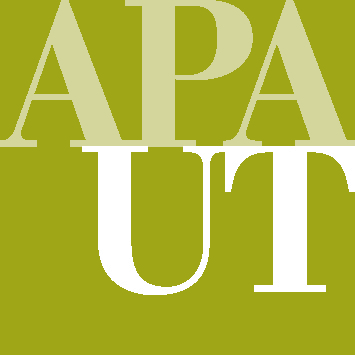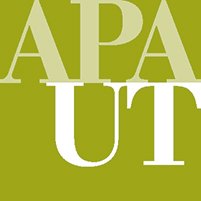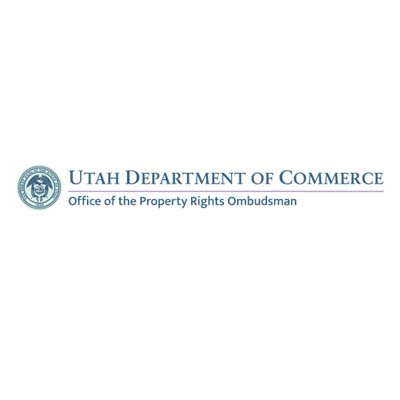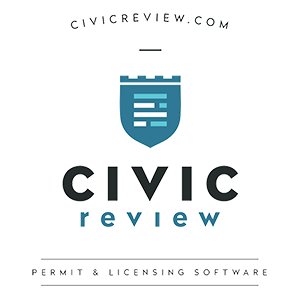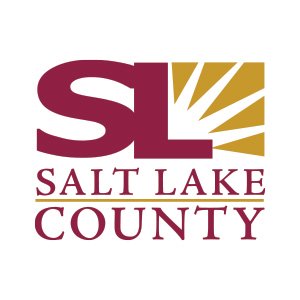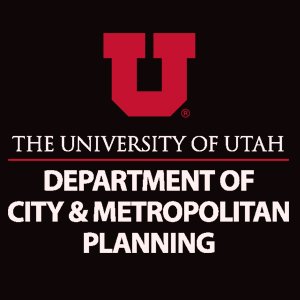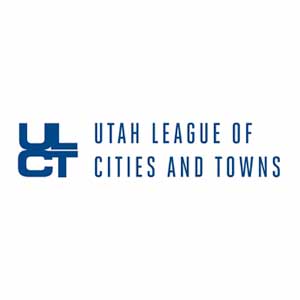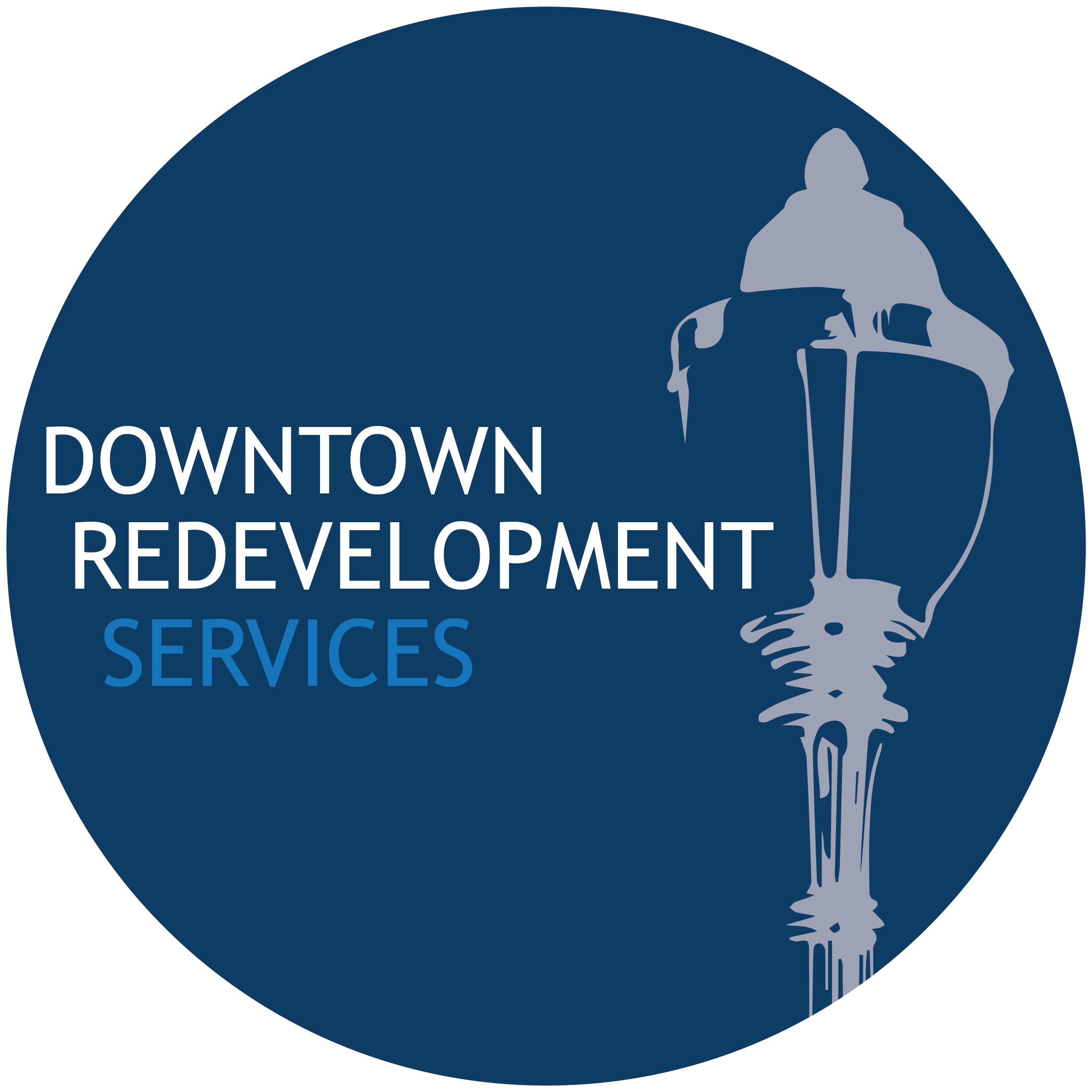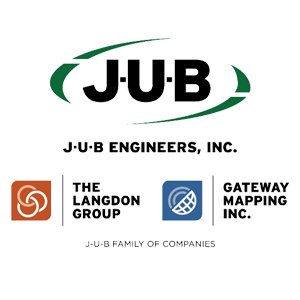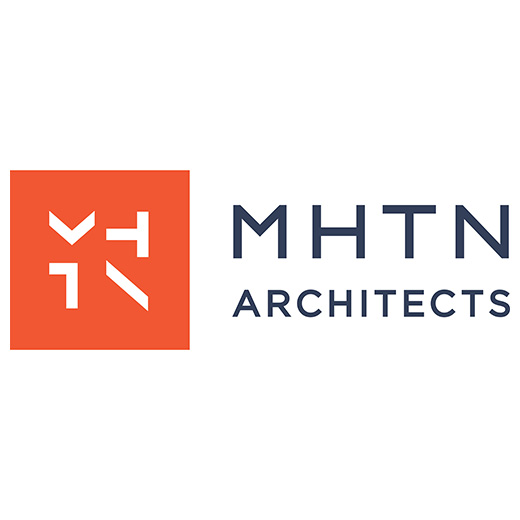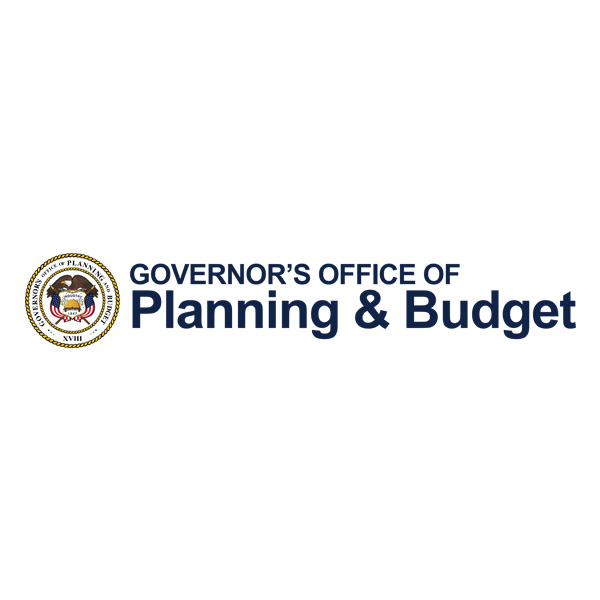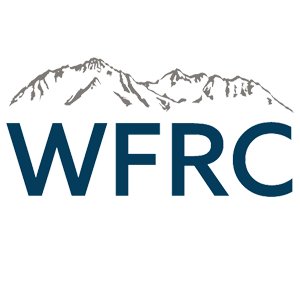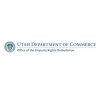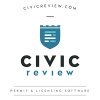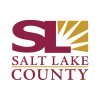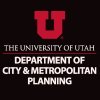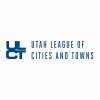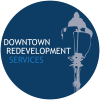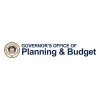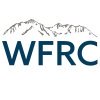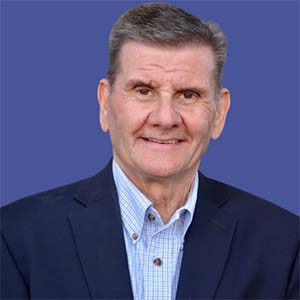
Bruce Parker, AICP
Principal
Planning and Development Services, LLC
Bruce Parker, Ph.D. AICP is the principal of Planning and Development Services, LLC, a Salt Lake City-based planning consultancy. Bruce works with municipalities, counties, and private sector clients on planning, management, implementation, and entitlement issues. He provides litigation support and expert witness testimony for public and private sector clients. Bruce serves the Utah Chapter, the American Planning Association as its Professional Development and Ethics Officer and teaches Small-Town and Resort Community Planning (University of Utah).
Session(s):
I’m Biased, but I’m Trying Not to Be »
2025 APA UT Spring Conference, May 8, 2025 3:45 pmThe AICP Code of Ethics and Professional Conduct (planner’s ethics code) asks all planners to examine their cultures, practices, values, and positions to reveal and understand their conscious and unconscious biases and privileges. This recognition is a step towards serving an inclusive public interest that promotes a sense of belonging (Section A, 1.1 [paraphrased]). This statement highlights several planning concepts, including “biases.” This session will help all attendees to identify and understand our conscious and unconscious biases. “Bias” can be defined as “the action of supporting or opposing a person or thing in an unfair way because of our personal opinions that influence our judgments” (Cambridge Dictionary Online). We all carry some biases. We may recognize them. Others may be hidden from our view. Like known biases, our unrecognized biases can be harmful to achieving plans that are inclusive of public interest(s). Biases can be personal, racial, socio-economic, age, sexual orientation, education, political, religious, or something else in nature. This session will help both citizen and professional planners to, (1) identify and understand our conscious and unconscious biases, and (2) provide deliberate actions and strategies we all can take to achieve the elusive but nonetheless “inclusive public interest.”
Why all the Conflicts? »
2025 APA UT Spring Conference, May 8, 2025 10:15 amElected and appointed officials and planners frequently encounter conflict and criticism from community members. These criticisms are sometimes very personal, reflecting the deep emotional stakes involved in community planning. With a planning goal of creating positive change and enhancing the quality of life, why then do residents often respond with frustration and anger towards planning decisions, actions, and officials? This session will explore some of the key origins of planning conflict. It will also encourage participants to see the productive potential of conflict and learn some of the skills and concepts to help skillfully navigate planning conflict. This session will be interactive, and participants should come ready to engage with one another. Note: This session is an excellent precursor to the “Planning for conflict: An introduction to conflict competence for planners” workshop, which is on the afternoon of May 08. We encourage participants interested in the topic of conflict and its management to attend both sessions.
Crossing the DEI Divide: Planning in the Era of HB261 »
APA UT- 2024 Fall Conference, Provo UT, October 11, 2024 1:35 pm“So let it be written, so let it be done. Let the name of Moses be stricken from every book and tablet. Stricken from every pylon and obelisk of Egypt. Let the name of Moses be unheard and unspoken, erased from the memory of man, for all time” (Sethi, The Ten Commandments, 1965). Comes now Utah House Bill 261 (2024) Equal Opportunity Initiatives (aka anti-DEI Bill). Let diversity, equity, and inclusion, and the acronym “DEI” be unheard, unspoken, and unwritten in the State of Utah (paraphrasing HB 261). The APA/AICP Code of Ethics includes DEI principles, including incorporating equity into community plans and providing metrics to measure progress towards equitable outcomes (Code of Ethics, A.1.5). This, and other questions, will be the focus of this session, with panelists providing session attendees with answers to cross the figurative Red Sea
The 2024 Utah Legislative Session v. Code of Ethics »
2024 Spring Conference, May 9, 2024 1:40 pmUtah’s 2024 legislative session concluded on March 1. During the session, the legislature passed a record 591 bills and approved a $29 Billion state budget. How did the legislature do? For planners, a way of considering this question is to look at a couple of legislative actions taken, or not taken, against the Planner’s Code of Ethics. What does such an analysis reveal? Two analyzes will be reviewed. • An appropriations request was again considered to fund a plan of development and environmental impact statement to construct the 38-mile-long road across Navajo lands to connect US-163 to destinations north. The road would shave 3 hours of travel time. The Navajo Mountain and Olijato communities are isolated from Utah by terrain and the San Juan River. • The 2024 legislature passed H.B. 562 – Utah FairPark Area Investment and Restoration District. The bill commits $900 million in taxpayer money, and perhaps more, towards the construction of a Major League Baseball stadium and development of a Fairpark District surrounding the ballpark. What does the Code of Ethics have to say on these two (2) items, if anything?
Is Small Community Planning different from that in larger places? Perhaps, and if so Why and How? »
2024 Spring Conference, May 8, 2024 2:45 pmMany planners see small community planning as being different from that in other places. Is this true? What is a small community and how is smallness measured? This session will review these questions and others including if small community planning is different, including why and how it may be different. Considering a small community’s planning workplace and a planners work responsibilities may provide answers. This session will provide takeaways for all Utah planners, not just those working in small communities. A small community planner also faces many ethical questions and dilemmas regularly. How should a planner navigate treacherous ethical waters? This session encourages attendee participation to address the realities of small community planning.
 = Keynote
= Keynote
